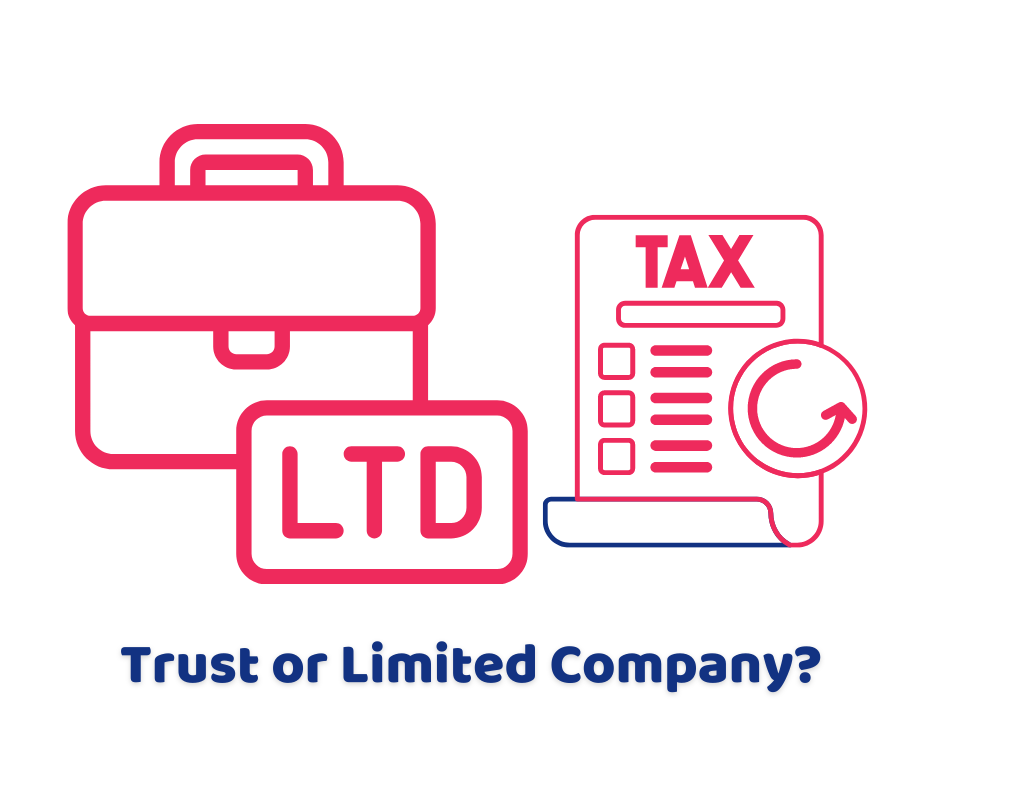When considering making an investment, two of the main issues are a good return and an exit strategy. As well as the performance of the investment itself, how to hold it is another matter. Personal income tax rates and those on subsequent capital gains tax (CGT) on disposal, and potentially inheritance tax (IHT), may make holding something personally an unattractive option. So, what about trusts and companies?
What do they have in Common?
By placing an asset into either vehicle, you are technically giving the asset away. A limited company is a separate legal entity from the individual investor; whilst that investor may own all the shares (and thus indirectly the asset), the income and returns belong to the company in the first instance. By placing an asset into trust, you are giving it away – the beneficial ownership (which is the only type of ownership that matters in reality) has left the original owner. People who create trusts (‘settlors’) can benefit from their own trust, but for tax purposes they will generally be deemed to own the asset still. Trusts are created to give one’s descendants (usually) the use of the asset, whilst the legal ownership is held by trustees (which can consist of the settlor in their lifetime).
Limited Companies
A limited company is a separate legal person that can hold assets for the owner, even though the owner technically gave them away, though the shares are still in the owner’s estate for IHT purposes. Unless the asset is cash or used in a trade, capital gains tax (CGT) will be payable when the asset goes into the company, possibly stamp duty land tax (SDLT) too (in England or Northern Ireland), if land or buildings are placed therein.
Once in the company, the corporation tax on any income or capital gain rate will never be more than 25% – and possibly only 19% if below £50,000 in a year. The owner will only suffer personal taxation if they withdraw that income – which they can control carefully by declaring dividends or taking a salary or officer’s fee. Income can therefore accumulate within the company with no personal tax if nothing is withdrawn.
Another useful aspect of being a separate entity is that the risk, inherent with investment, is limited (hence the name!). The owner would only ever lose what they invested; there would be no personal liability beyond that. Also, companies can last in perpetuity, so the company’s shares can be gifted and passed onto other family members ad infinitum.
Trusts
By placing an asset into trust, a settlor is giving away the legal ownership to a trustee to hold for someone else, or a group of people, to enjoy the beneficial ownership. The settlor can declare themselves trustees too, but they no longer hold the asset for themselves.
Depending on the type of trust, income tax rates range from a blanket basic rate (interest in possession trusts – where the beneficiary has a right to the asset’s income with tax paid by trustees as a credit) or a blanket additional rate for discretionary trusts from April 2024 (where the trustees have complete discretion over the capital and income and beneficiaries can reclaim a 45% tax credit on income distributions). Trustees are charged the higher rate of CGT (for 2023/24) (i.e., 18% on disposals, or 28% for residential properties and with only half the annual exemption of an individual). Depending on the circumstances, income tax and CGT burdens may render trusts prohibitive.
However, their great advantage over companies is that after seven years, the asset is out of the settlor’s personal estate for IHT purposes, but they still retain some control over the capital via the trustees. Trusts have their own nil-rate band for IHT purposes (currently £325,000), and will suffer no IHT consequences on values below that. There is no CGT on assets going into trust, nor SDLT if land or buildings are settled.
Practical Tip
Whether a company or trust is used will depend upon the investor, their circumstances, their priorities, and for whom the investment is held. If IHT is an important factor, with long-term succession in mind, a trust might be better, but to manage a purely personal investment, the tax benefits of a company might be more attractive.

